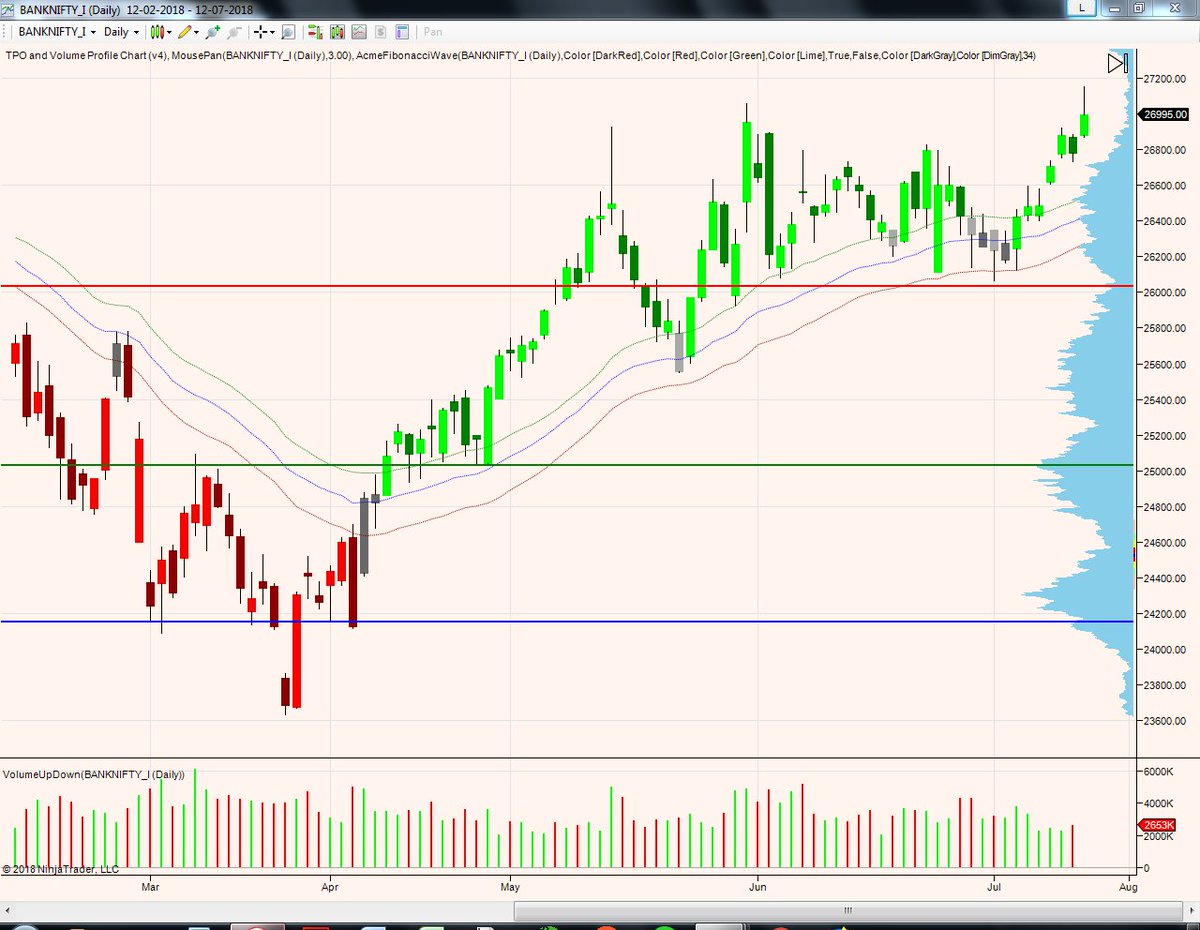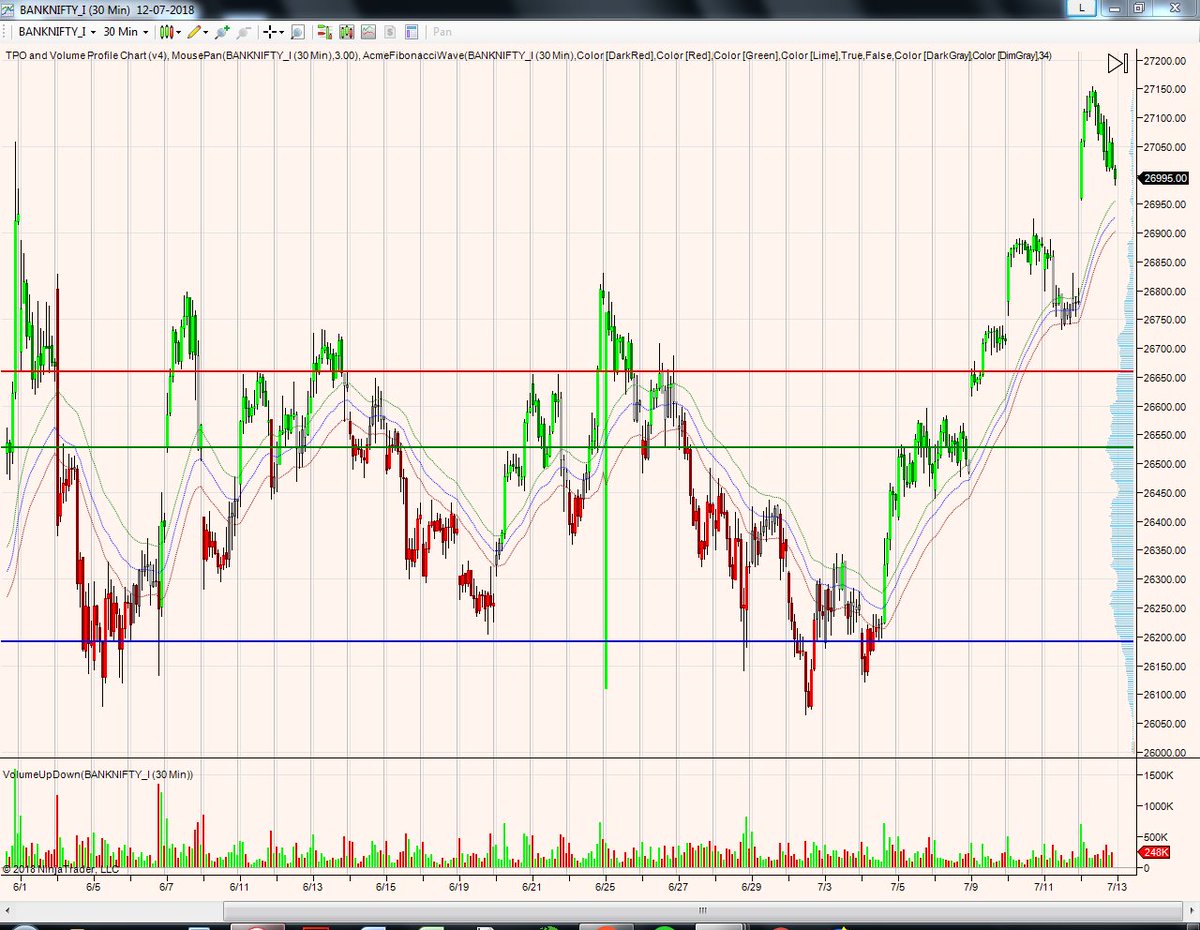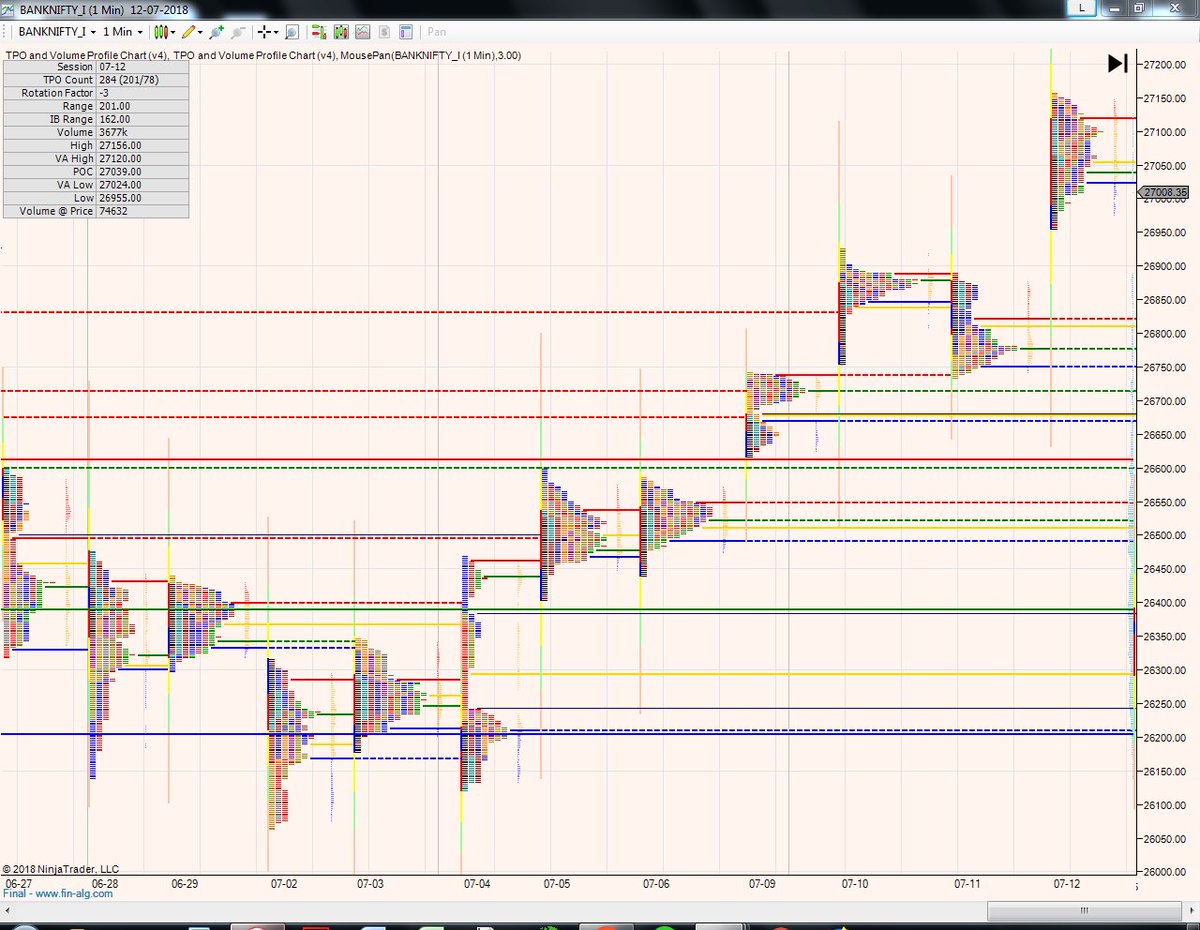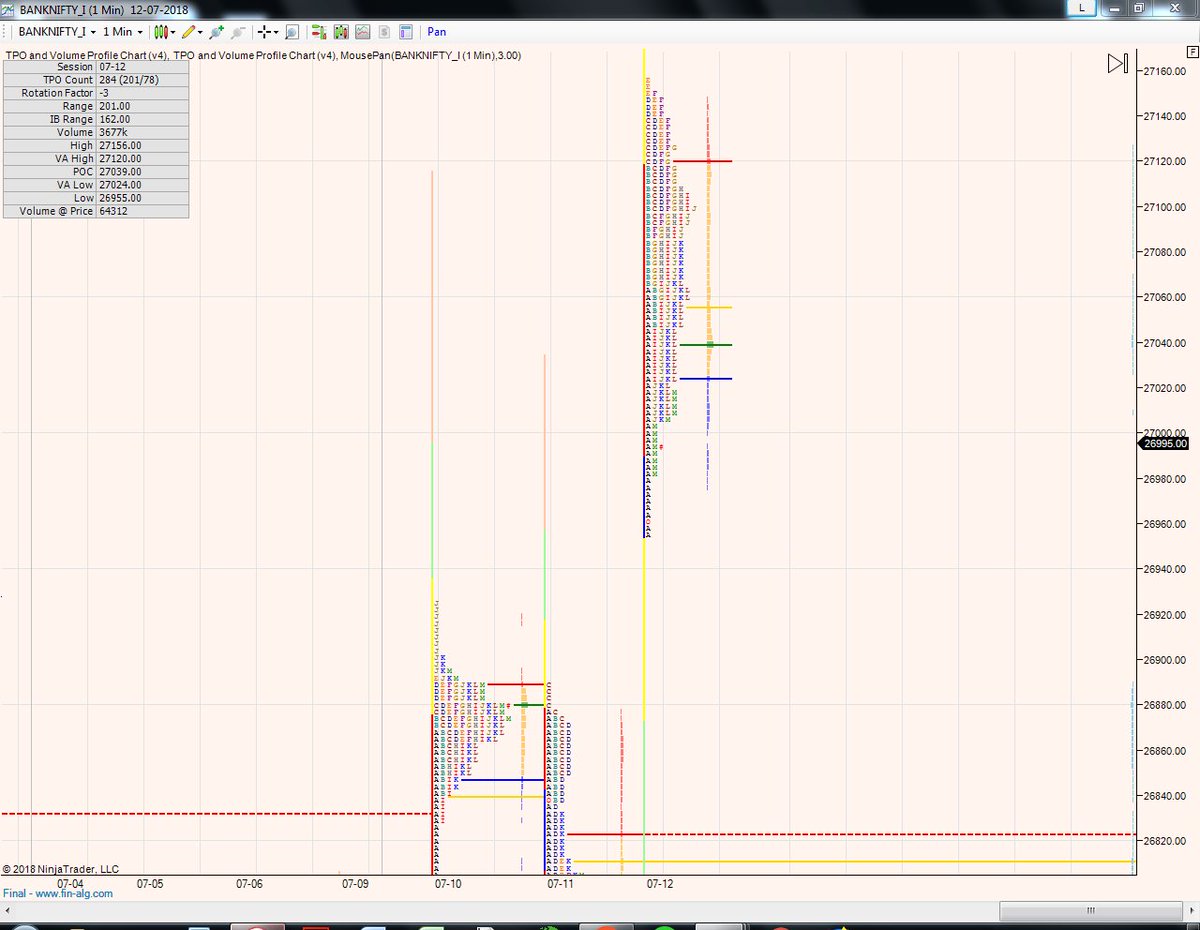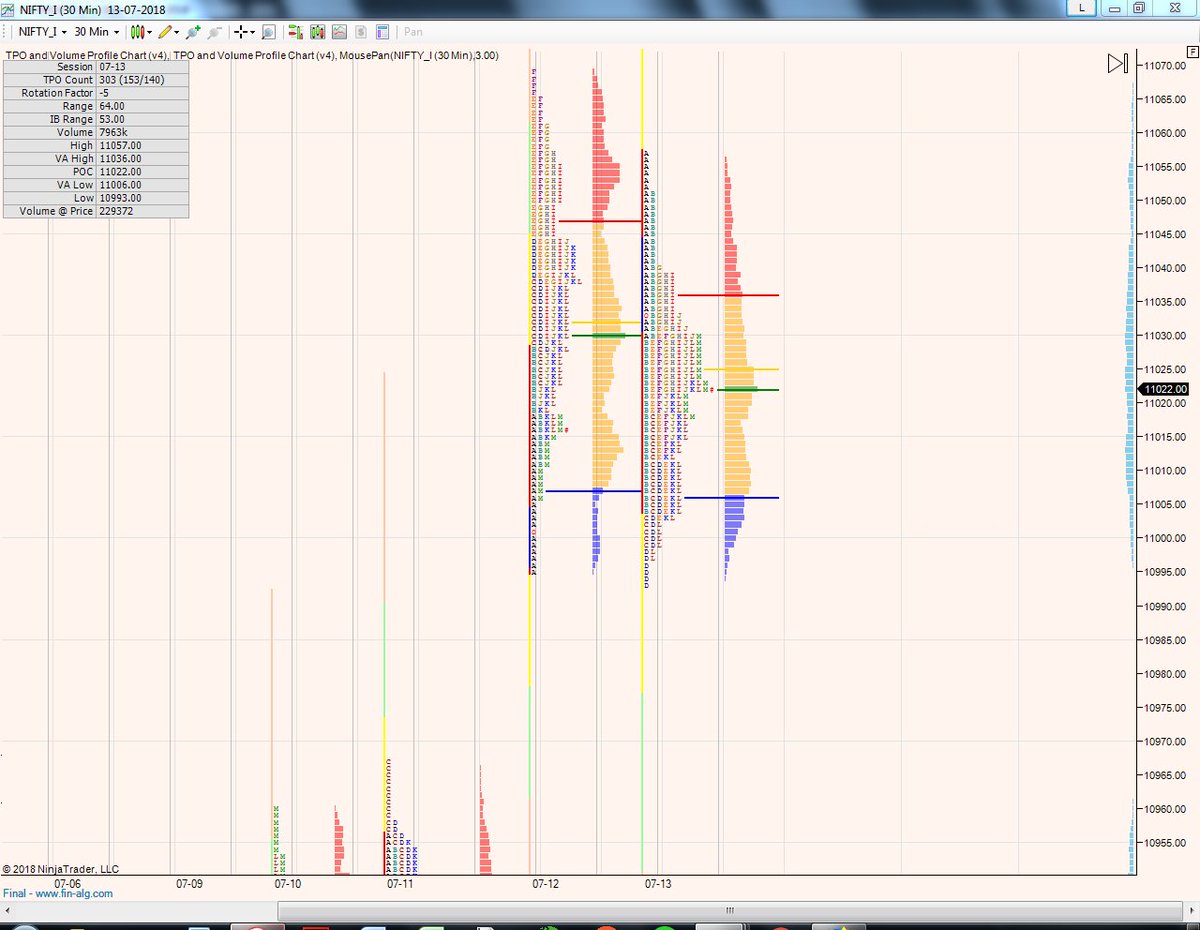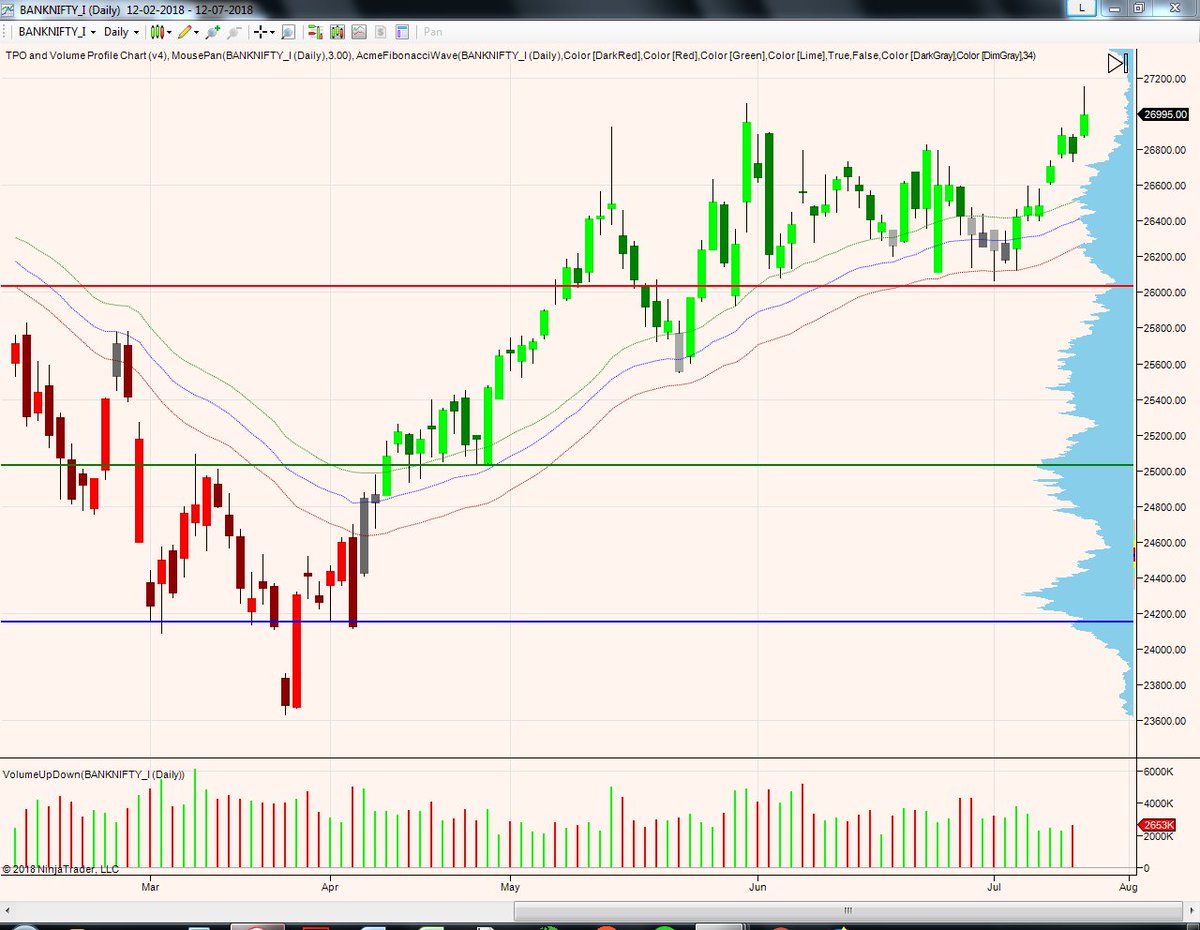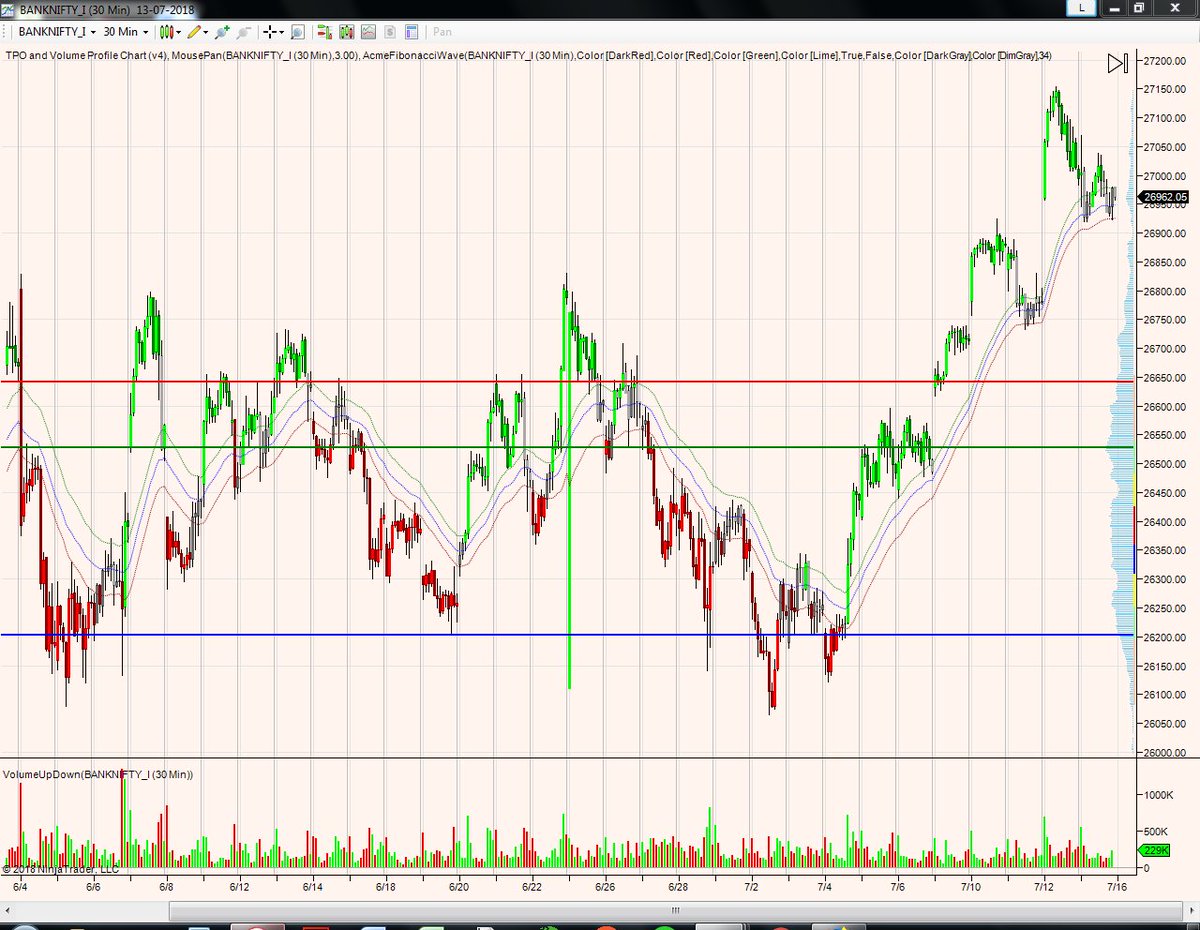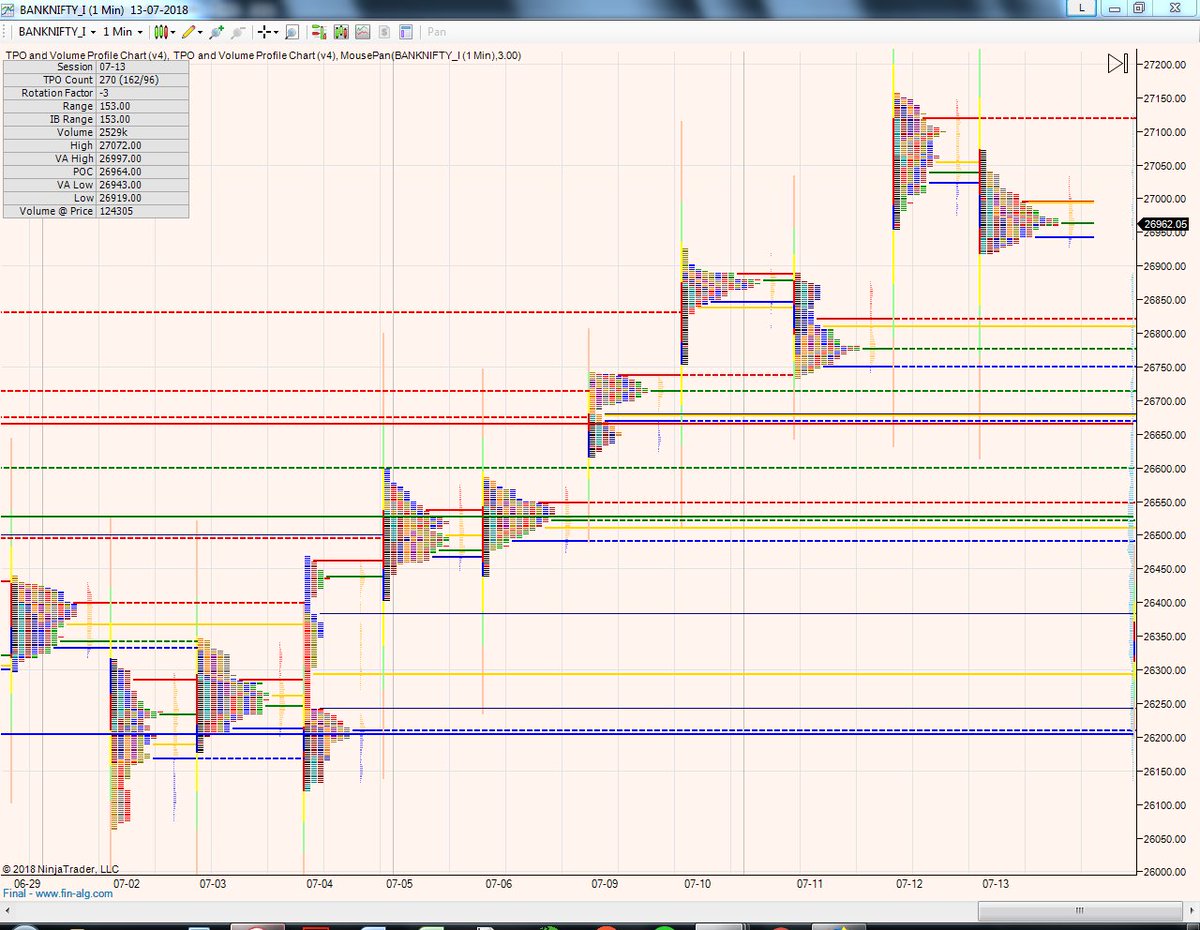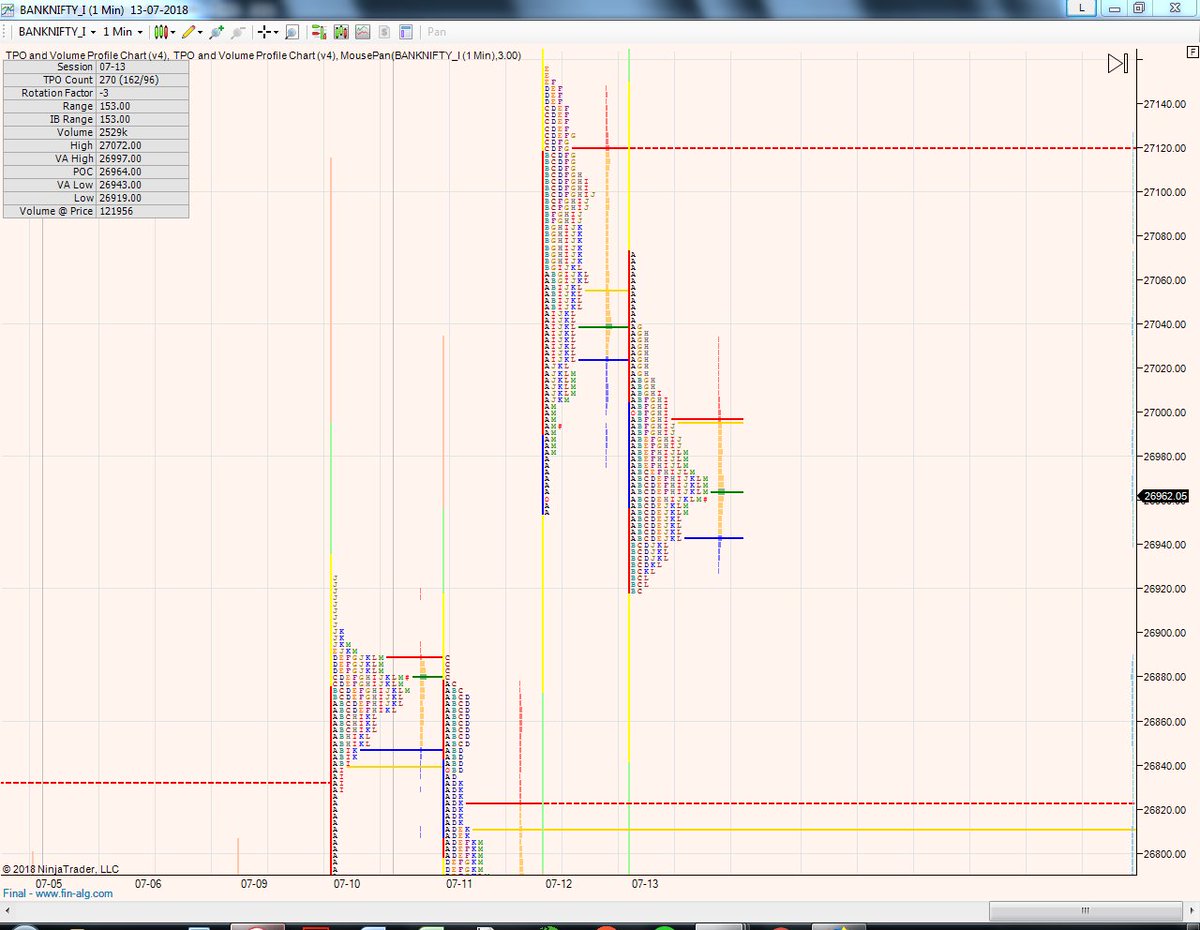Option Selling is the in thing so it'll be
The Complete Guide to Option Selling by James Cordier and Michael Gross
Week 1
#WeekendReading #LearningTogether
The Complete Guide to Option Selling by James Cordier and Michael Gross
Week 1
#WeekendReading #LearningTogether
https://twitter.com/IMRiskManager/status/1025371602702094336
1 It is estimated that anywhere from 75 to 80 percent of all
options held through expiration will indeed expire worthless.
Furthermore, it is estimated that only 10 percent or less of all options
will ever be exercised.
options held through expiration will indeed expire worthless.
Furthermore, it is estimated that only 10 percent or less of all options
will ever be exercised.
2 "Option selling has unlimited
risk” is all that most investors know about the concept. The term
unlimited risk is enough to cause most investors to cross it off their list
of potential investment strategies without further exploration.
risk” is all that most investors know about the concept. The term
unlimited risk is enough to cause most investors to cross it off their list
of potential investment strategies without further exploration.
3 Selling options for premium has been a favorite strategy of professionals. After all, Somebody has to be selling all those options
to the general public, who seem to have an insatiable appetite for
buying options all the time...
to the general public, who seem to have an insatiable appetite for
buying options all the time...
4... More often than not, these are the people
making the real money in this business
making the real money in this business
5 The purchase
of options does limit your risk to the amount of money that you
invest in these options. Unfortunately, most of the time, the amount
that you invest will be the amount that you lose if you use option
buying. The odds are stacked tremendously against you.
of options does limit your risk to the amount of money that you
invest in these options. Unfortunately, most of the time, the amount
that you invest will be the amount that you lose if you use option
buying. The odds are stacked tremendously against you.
6 Why Sell Options
Benefit 1: The odds are in your favour-
The fact is that most options do expire worthless and this has been
confirmed by statistics.
Benefit 2: Taking profits becomes simple
Do nothing. Simply let it expire.
Benefit 1: The odds are in your favour-
The fact is that most options do expire worthless and this has been
confirmed by statistics.
Benefit 2: Taking profits becomes simple
Do nothing. Simply let it expire.
7 Benefit 3- Time is on your side.
No matter what the market is doing, time is constantly, albeit slowly, eroding the value of the option.
Benefit 4- Being close is good enough.
All you have to determine is
a price level to which you believe the market will NOT go.
No matter what the market is doing, time is constantly, albeit slowly, eroding the value of the option.
Benefit 4- Being close is good enough.
All you have to determine is
a price level to which you believe the market will NOT go.
8 Benefit 5- Perfect timing is not necessary.
In a bull trend, a seller simply can sell options far beneath the market, allowing wide price fluctuations within the trend that will not dramatically effect her position.
In a bull trend, a seller simply can sell options far beneath the market, allowing wide price fluctuations within the trend that will not dramatically effect her position.
9 Benefit 6- Definable risk control.
Regardless of the label of unlimited risk in selling short options, option selling risk can be just as definable and controlled as any other type of future or stock trading risk
Regardless of the label of unlimited risk in selling short options, option selling risk can be just as definable and controlled as any other type of future or stock trading risk
10 The standard definition of an optionis the right, but not the obligation,
to buy or sell a particular stock or commodity at a specified price. A
call option is the right to buy a stock or commodity; a put option is the
right to sell it.
to buy or sell a particular stock or commodity at a specified price. A
call option is the right to buy a stock or commodity; a put option is the
right to sell it.
11 The value of an option is made up of time value, intrinsic value,
and volatility.
Time value depends upon the time left till expiry.
An option is said
to have intrinsic value if it is in the money.
Volatility depends upon the price fluctuations.
and volatility.
Time value depends upon the time left till expiry.
An option is said
to have intrinsic value if it is in the money.
Volatility depends upon the price fluctuations.
12 Rapid daily price fluctuations will produce options with
higher volatility and thus higher priced options. Slowly moving or
quiet markets generally will
produce lower-valued options.
Volatility is measured by a figure
known as the option’s delta.
higher volatility and thus higher priced options. Slowly moving or
quiet markets generally will
produce lower-valued options.
Volatility is measured by a figure
known as the option’s delta.
13 Advantages and Disadvantages of Buying an Option
Advantages.
Absolute limited risk.
Potential for large gains.
Disadvantages
Time value always working against
buyer.
Market generally must make a large move for
option buyer to profit.
Advantages.
Absolute limited risk.
Potential for large gains.
Disadvantages
Time value always working against
buyer.
Market generally must make a large move for
option buyer to profit.
14 When a trader
buys an option, he is buying the
right to buy or sell the underlying at a specified price. When a
trader sells an option, he is selling
the buyer that right and therefore
assuming the obligation to take the
other side of the market should the
buyer of the ...
buys an option, he is buying the
right to buy or sell the underlying at a specified price. When a
trader sells an option, he is selling
the buyer that right and therefore
assuming the obligation to take the
other side of the market should the
buyer of the ...
15 ...option exercise the
option. In other words, he “grants”
the option buyer the right to buy or
sell the underlying market at the
specified price (strike price). This is
why option selling is also known as
option granting or option writing.
option. In other words, he “grants”
the option buyer the right to buy or
sell the underlying market at the
specified price (strike price). This is
why option selling is also known as
option granting or option writing.
16 When buying options,
Buying a call is for bulls.
Buying a put is for bears.
When selling options, the opposite is true.
Selling a put is a bullish strategy.
Selling a call is a bearish strategy
Buying a call is for bulls.
Buying a put is for bears.
When selling options, the opposite is true.
Selling a put is a bullish strategy.
Selling a call is a bearish strategy
17 Much time, effort, and money
have been dedicated to designing complex mathematical
formulas for trading volatility,
deltas, and other Greek symbols
such as gammas and vegas that
take other measurements of
option volatility...
have been dedicated to designing complex mathematical
formulas for trading volatility,
deltas, and other Greek symbols
such as gammas and vegas that
take other measurements of
option volatility...
18...While it is not
our intention to downplay the
importance of option volatility,
we believe that these studies
are responsible for much of the
confusion and intimidation
of option trading.
our intention to downplay the
importance of option volatility,
we believe that these studies
are responsible for much of the
confusion and intimidation
of option trading.
19 ...The study
of volatility has become so
complex that it is all but
impractical for use by average
individual investors.
of volatility has become so
complex that it is all but
impractical for use by average
individual investors.
• • •
Missing some Tweet in this thread? You can try to
force a refresh


